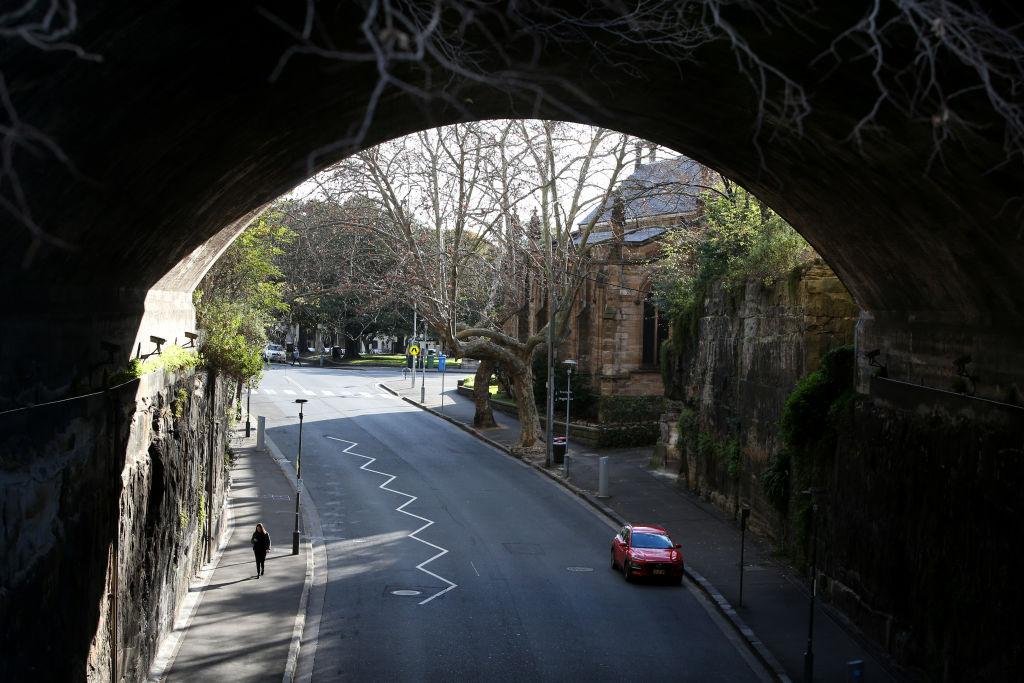The week-long lockdown for three regional New South Wales (NSW) towns are being lifted, releasing 60,000 people from the stay-at-home restrictions.
The order imposed on Orange City Council, Blayney Shire Council and Cabonne Shire Council areas will be lifted, as scheduled, at 12.01 a.m. on Wednesday, NSW Health said.





